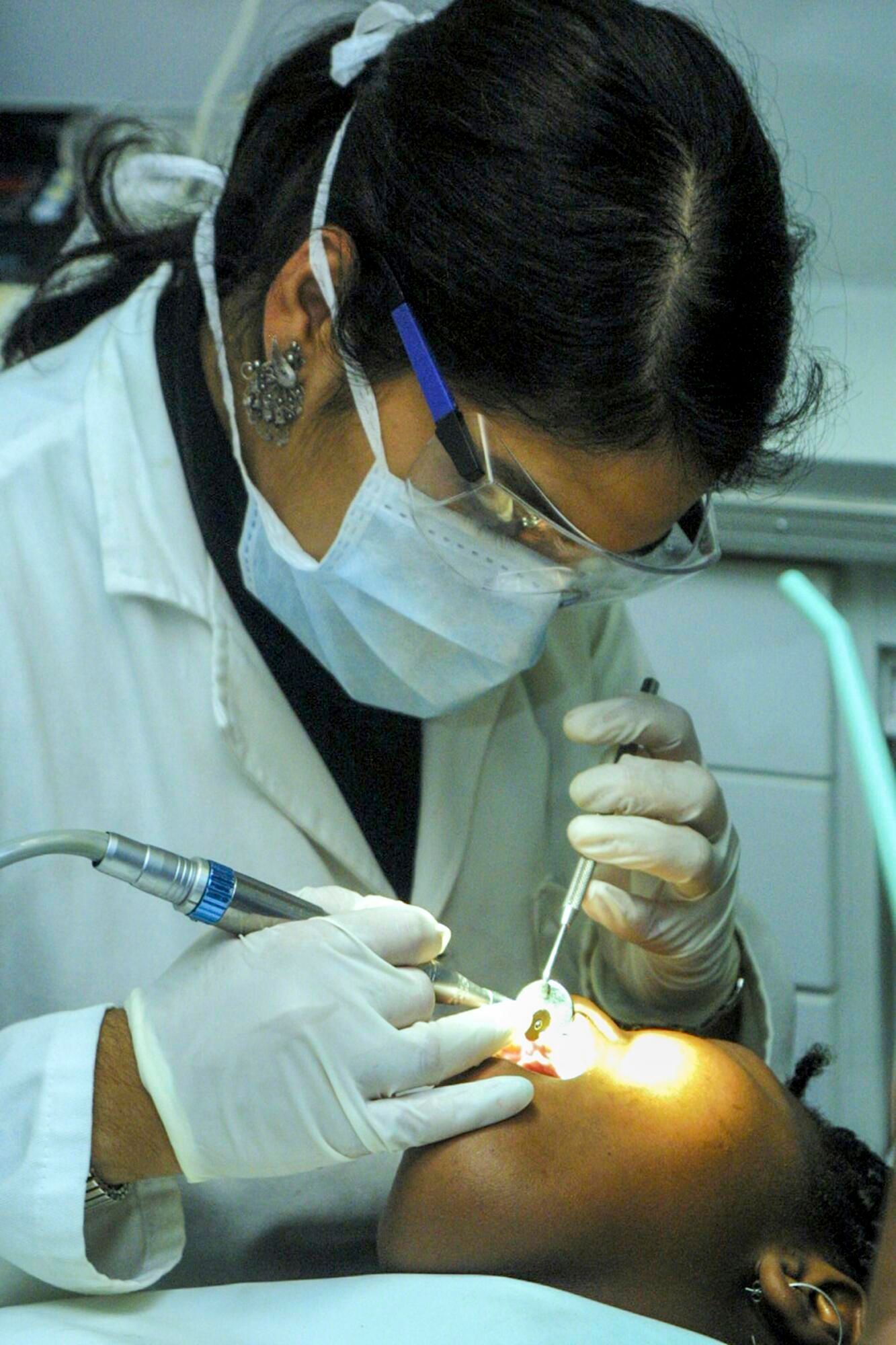Knowing your options regarding dental implant material is essential to making the right decision. Learn more in this guide as we cover the pros and cons.
Tooth loss is a painful experience that comes with many physical and emotional challenges. Aside from the difficulty of eating, individuals may feel self-conscious because of the gaps in their smiles.
Luckily, dental technology has come a long way in improving quality of life.
Dental implants are a popular and effective method to restore teeth and self-esteem. Many prefer this conservative approach for its guaranteed results. Dental implants have a 98% success rate.
Imagine eating your favorite foods and laughing without hesitation. The world is your oyster, and all you have to do is choose the right dental implant material. Read on for a guide on common implant materials and discover which one is right for you.
Titanium Dental Implants
Titanium is the traditional material used for dental implants. It consists of a metal screw merged into the jawbone, creating a secured base for the implant. Titanium implants have been around for a long time, making them a tried and true method for restoring teeth.
Pro: Biocompatibility
Dental implants involve the use of natural or synthetic materials. To ensure effectiveness and safety, they must show biocompatibility. This means that the material must serve its purpose without harming the body.
The body must accept the implant without seeing it as a foreign invader. Titanium has outstanding biocompatibility with bone and gum tissues. Moreover, titanium implants can resist external forces, allowing them to last for years.
Con: Local Inflammation
Titanium implants release metal ions. The metal ion can activate an inflammatory response, causing mucosal changes and hypersensitivity.
If you suffer from autoimmune conditions, you can experience local inflammation and irritation. This includes Chron's disease, rheumatoid arthritis, and diabetes.
Pro: Ability to Ossify
Osseointegration is crucial for implant stability. It is a process where the material integrates with the bone tissue.
Titanium implants have a high success rate of osseointegration. It guarantees secure implants and prevents complications. If your implants are unable to ossify, you need to get them removed.
Con: Metal Allergy
Despite having a high success rate, titanium implants can fail if the patient has a metal allergy. If you have a metal allergy, choosing titanium as your dental implant material can trigger it.
Symptoms include inflammation in the digestive system, airways, and skin. In severe cases, allergies can trigger life-threatening conditions. Before getting titanium dental implants, take a metal allergy assessment.
Pro: Low Thermal Conductivity
In some cases, eating cold or hot food causes sharp pain. This can make simple activities like eating, drinking, and brushing painful. When you get titanium implants, you never have to experience tooth sensitivity.
One of the implant material properties of titanium is its low thermal conductivity. Unlike natural teeth, the material is not sensitive to temperature changes. You can enjoy cold or hot foods without getting irritated.
Con: Poor Aesthetics
If you have thin gums, the dark metal may show through your smile. When this happens, the look of your mouth can appear unflattering.
Zirconia Dental Implants
Another material used for dental implants is zirconia. It is a crystal material designed to look like a tooth.
Converting zirconium into zirconium oxide turns it into a ceramic. This is why some people refer to zirconium implants as ceramic implants. Today, this material is gaining popularity because of its metal-free properties.
Pro: Low Bacterial Attraction
For excellent oral health, choose zirconia implants. The material is less susceptible to plaque buildup. With proper hygiene, you can keep yourself safe from tooth and gum issues.
Failing to brush and floss your teeth can result in plaque formation. As time passes, the bacteria it contains release acid and attack the enamel, resulting in tooth decay and gum issues. It's also crucial to observe proper hygiene to prevent plaque. Although it has low bacterial attraction, zirconia implants are not immune to plaque.
To prevent oral health problems, consider zirconia implants as your tooth replacement treatment. There is also a lower chance of triggering allergies because it is biocompatible.
Con: Risk of Fracture
Despite their durability, ceramic implants can break when exposed to extreme pressure. Eating meat and grinding your teeth can damage the synthetic material. If you opt for this type of dental implant, avoid putting too much pressure on chewing to make the implants last.
Compared to titanium implants, there is a greater risk of fracture with ceramic implants.
Pro: Metal-Free Option
Unlike titanium implants, zirconia implants are free of metals. Their implant material properties make them popular among patients with metal allergies or those conscious of metal exposure. Moreover, they offer outstanding soft tissue healing properties.
Zirconia implants provide excellent mechanical and tensile strength. However, because of this, zirconia implants are also one of the hardest materials to work with. You would need an experienced technician to create these implants, as it would be difficult to make adjustments later on.
Con: Higher Cost
Between titanium and zirconia, the latter is more expensive. However, it can differ from one location to another.
The level of expertise an oral surgeon delivers can influence the cost as well. Before you agree to oral surgery, consider your budget. Weigh the difference between the materials and determine which suits you best.
Pro: Good Aesthetics
Another pro you can consider when choosing zirconia implants is their aesthetic. Compared to titanium implants, these implants blend in better with the natural color of the teeth.
Con: Lack of Research
Zirconia implants hit the market in the early 2000s. However, these implants only began getting recognition in 2011 when they received FDA approval. There are no long-term studies that indicate how long they can last.
Although there is a lack of data on their longevity, you can guarantee that ceramic implants are effective. Look for an excellent oral surgeon to increase the success of the operation.
Choosing the Right Dental Implant Material For You
Whether you've lost your teeth to injury, decay, or any other reason, there's hope in restoring your smile. Dental implants provide a path to a better and happier life.
TERSA offers implants, oral surgery, and other treatments to improve your oral health.
Contact us today to find out which dental implant material is right for you.




